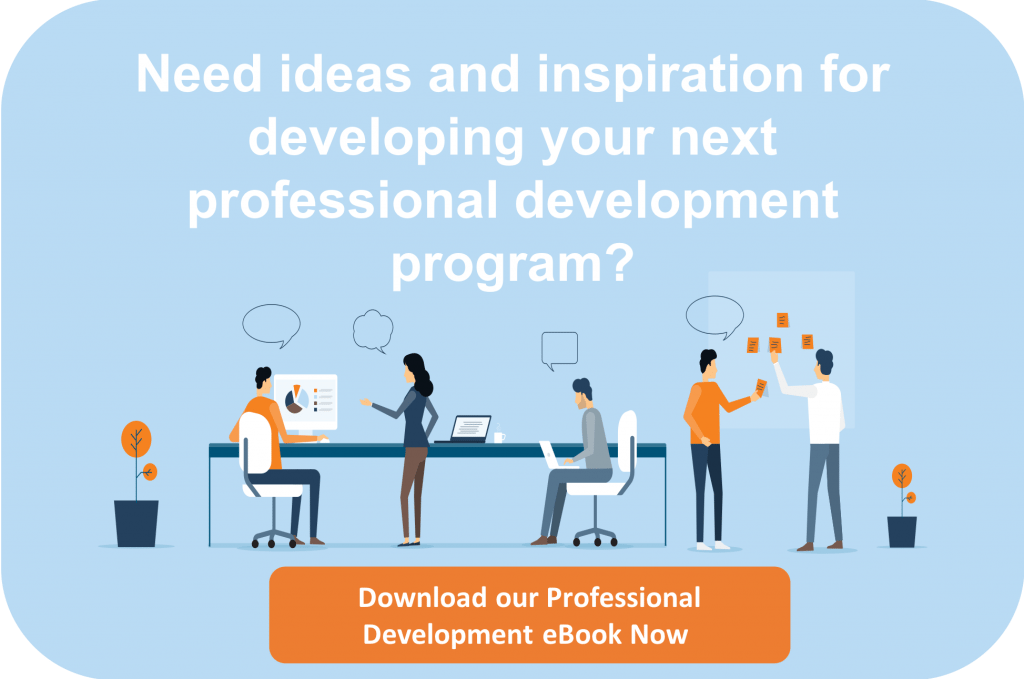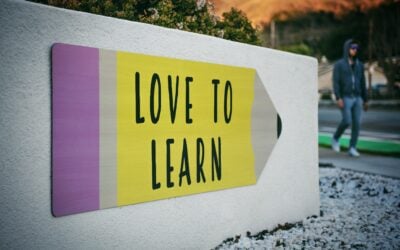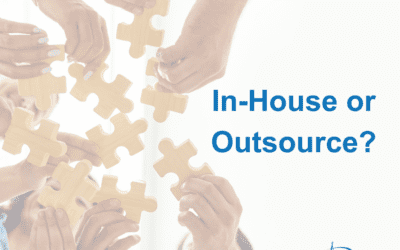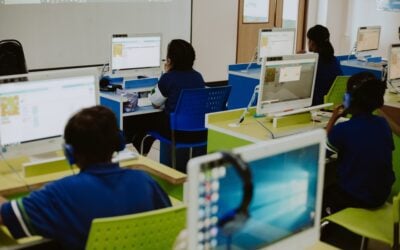
What are SEL skills?
Social emotional learning focuses on non-academic core competencies beyond the academic field that will help students tackle the real world. The core competencies of SEL skills are:
- Self-Awareness: The student can recognize their own emotions, thoughts, values, strengths, and limitations and how they influence their behavior. The student has a sense of self-confidence and optimism, or growth mindset.
- Self-Management: The student can regulate their emotions, thoughts, and behaviors in order to manage their stress, impulses, and motivation. They can gain the ability to set personal and academic goals, and work towards them.
- Social Awareness: The student can empathize with those around them, or see the world from another’s perspective. They can recognize and understand the social and ethical norms around them. This in turn can help them turn to support systems and resources in their family, school, and community.
- Relationship Skills: The student can form and maintain healthy, positive relationships with individuals and groups, both personally and academically or professionally. The focus is on communication, listening skills, negotiating conflicts, and teamwork.
- Responsible Decision Making: The student can make choices about their personal behavior or social interactions based on a set of ethical standards, social norms, and safety concerns. They can do so while evaluating the consequences of their actions for themselves and others.
How Can You Support Your Teachers?
While the new focus on SEL skills is a delightful change, it can be a difficult adjustment for your teachers. Giving them the support they need is vital to the success of the students in their care.
Create a “safe place” for students, and train teachers to employ it properly to guide students through managing their own emotions. This should be a quiet, peaceful place for students to practice self-calming methods when they get upset or stressed. The inclusion of noise-cancelling headphones, books focused on meditation and self-reflection, and healthy, calming activities is a great way to encourage positive SEL techniques.
Offer professional development opportunities for teachers to study and improve their own use of social emotional learning techniques with each other, which they can apply to the classroom. This may include time to debrief with each other, or handouts and activities they can learn and bring into the classroom.
Provide supplies such as handouts and materials for SEL activities. For example, provide handouts for different confidence-building activities for the classroom. These can include cards for students to write positive notes to each other.
Make time in the curriculum for SEL activities.
Build a community-focused curriculum that provides opportunities for developing SEL skills and outlines the SEL goals for each lesson alongside the academic goals.
The best thing you can do to support your teachers when bringing SEL skills into the classroom is to plan ahead and provide the materials and professional development resources your teachers need. This new page in the book of education is a major positive change, but one that cannot be carried out without the appropriate materials and resources to prepare teachers properly.
For a jump start in planning and finding professional development resources, download our free eBook.





